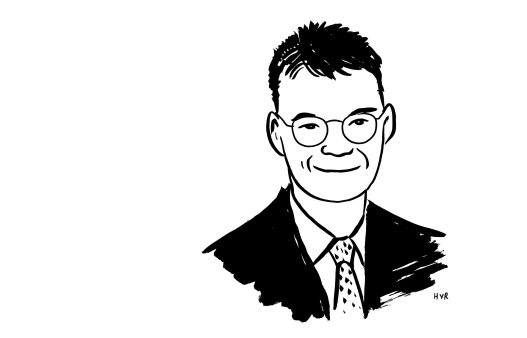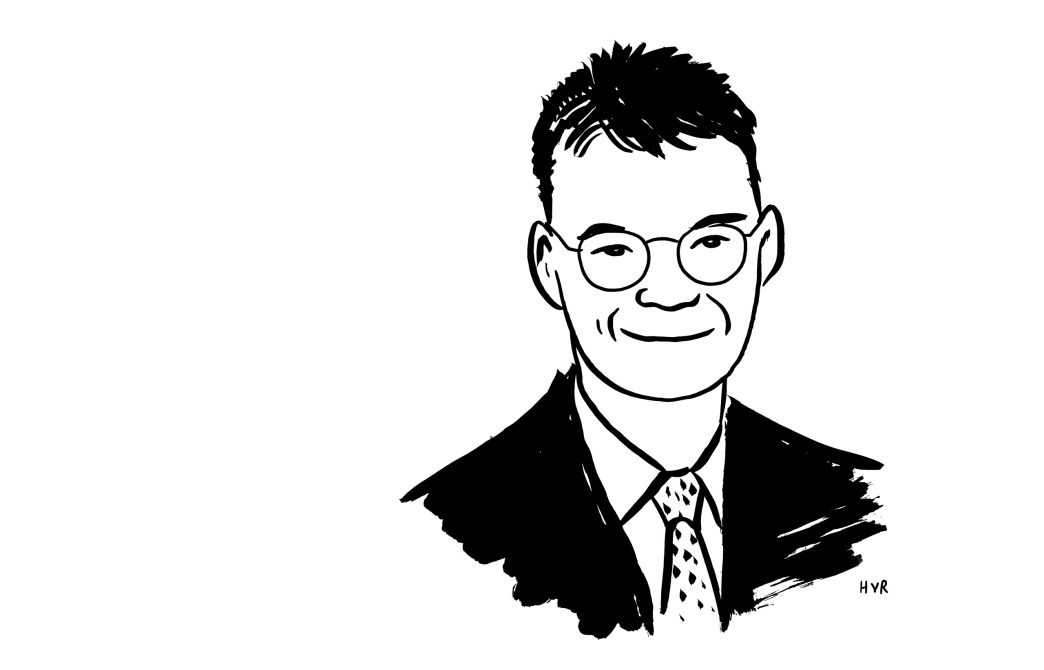Denis Richard is an export consultant specialising in post-Soviet markets. In the context of the Russia-Africa rapprochement, he is leading a number of projects in the FMCG sector.
First of all, could you tell us about your job and how long you have been working with Africa?
My job involves supporting companies in their international expansion: market research, organising meetings on site, localisation, etc. 2023 was a pivotal year for relations between Russia and the African states. As a specialist in post-Soviet countries, I began to take an interest in the subject and one thing led to another and I was encouraged to visit the continent.
You say that there is no such thing as an “African market”. Can you explain to our readers what you mean by this?
There is no such thing as an “African market”, there are African marketS, because Africa is not a single market or a single country. Egypt, South Africa, Côte d’Ivoire and Morocco have completely different economies and business cultures. As a result, the strategies for setting up in an African country differ from one country to another.
Why are Russian companies starting to show an interest in African markets?
Many African countries are fast-growing markets with huge food, industrial and technological needs. It is important to look not only at GDP growth, but also at the dynamics of population growth. For example, in Nigeria, GDP is growing, but the population is growing even faster, which virtually cancels out real economic growth. If the economy grows faster than the population, a middle class forms, making the market attractive. Cameroon, Côte d’Ivoire and Ghana are good examples. To return to the question, in recent years Russia has stepped up cooperation with African countries, particularly with a view to diversifying its foreign trade. The continent’s share of Russia’s foreign trade remains marginal at 2%, but trade is on the rise (from $18bn in 2022 to $24bn in 2023). Entering African markets presents a number of difficulties, including competition from China, the US and the EU, as well as the absence of well-established logistics and distribution networks.
Russia is competing with China, the United States and the EU in Africa. What is its competitive advantage?
Russian companies produce quality at an affordable price. This is their main competitive advantage. Russia’s political positioning also plays a role: Russia offers partnerships without seeking to influence the politics of the regimes in place. These partnerships also include technology transfers, training and, often, security assistance, which is useful to African states.
What steps should Russian companies take to access African markets?
It all depends on the sector. In the FMCG sector, for example, Russia lacks companies that act as purchasing centres for Africa. Without them, it is difficult for Russian FMCG companies to sell their products on the continent. A second option would be to enter into partnerships with major Russian retailers, such as Pyaterochka or Magnit, to open stores in Africa, or to franchise. But this would represent a major investment in terms of time and money and, even though I’m convinced that it would be economically worthwhile, there is currently no desire to move in this direction. Probably because it’s not a priority, but also because the export culture is not yet very well developed in Russia.
Could you explain this in more detail?
Russia’s capitalist economy is just over thirty years old, and entrepreneurship is only beginning to develop. Historically, Russia has mainly exported natural resources, such as oil, gas and minerals. These products are relatively simple to export. You do not need to think about marketing or how to adapt to the target market. On the contrary, exporting finished products requires a good understanding of the specifics of the local market. Russian companies are not used to having to adapt to a foreign market, to foreign consumption patterns or to competing with international rivals. Many Russian companies have yet to acquire these skills. The young entrepreneurs who attended the leading Russian and foreign business schools in the 2000s and 2010s are sensitive to these issues. However, it is important to bear in mind that a significant proportion of Russia’s wealthy entrepreneurs accumulated their capital in the 1990s, at a time when economic thinking was being shaped under completely different conditions. Not to mention the fact that management in Russia remains fairly vertical, which, in my view, is holding back the internationalisation of Russian companies.
What other obstacles are preventing Russian companies from developing further in Africa?
Firstly, the differences in business cultures. For example, in Senegal, people always say ‘yes’, but that doesn’t necessarily mean they agree. Russian entrepreneurs do not always understand these subtleties. Secondly, the lack of knowledge about the markets concerned and the lack of logistical connections, although in recent years new routes have been put in place. I am thinking in particular of the Novorossiysk – Mombasa connection, inaugurated last December. Thirdly, African markets are not a priority for Russian companies. There are more attractive markets: nearby foreign countries, the Gulf states, etc. Fourthly, the workforce. The Russian labour market is under pressure and few people are willing to move to Africa. So what about financial sanctions? In reality, they have little effect, because direct settlement mechanisms between Russian and African banks have developed. Otherwise, financial flows pass through third countries such as the United Arab Emirates.
You mention the absence of well-established distribution networks. Can you illustrate your point?
I will tell you about a country I know — Cameroon. It is an interesting country because the supermarket sector in Cameroon is quite competitive. Unlike other countries in West and Central Africa, in addition to international supermarket chains like Carrefour or Casino, there are local players like Santa Lucia. This is largely due to the emergence of a middle class that can afford to shop in supermarkets. However, the market is still in its infancy. As a result, supermarkets mainly buy from central purchasing agencies, as it is too difficult for them to sell the volumes supplied directly by producers. In Cameroon, these central purchasing agencies are French. These companies are not prepared to work with Russian producers. Under such conditions, as I mentioned earlier, Russian companies have to look for alternative solutions.
At the Russia-Africa summit, Russia promised free grain deliveries to six countries (Mali, CAR, Burkina Faso, Zimbabwe, Somalia and Eritrea). What is in it for Russia?
It is about soft power. Free grain deliveries to African countries are not just humanitarian aid, they are favours. Countries like Mali, CAR and Burkina Faso then support Russia on the international stage, in UN votes for example. For Russia, this is inexpensive and effective. In terms of soft power, Russia also builds Russian schools, trains students in Russian universities and promotes the Russian language. Africa is a young continent. The majority of the population is young. These are the brains that can come to Russia or that will develop relations between Russia and Africa. This creates long-term links and sympathy for Russia.
Does the Russian government support companies working in Africa?
For example, through the Russian Export Center (REC), the Russian equivalent of Business France, the government offers insurance for the logistics of exports to the continent. Otherwise, a year ago, I know that a REC pavilion was present in Cairo, where Russian intermediate industrial companies were represented. However, this support is far from proactive and companies still have to find solutions on their own.
So it seems that Russia is not yet taking active steps to conquer African markets?
Yes, but interest in Africa is growing. The key factors for success will be creating an ecosystem dedicated to exporting to the continent, training specialists and forging partnerships with African companies. Without these, it will be difficult to compete with other foreign players.

